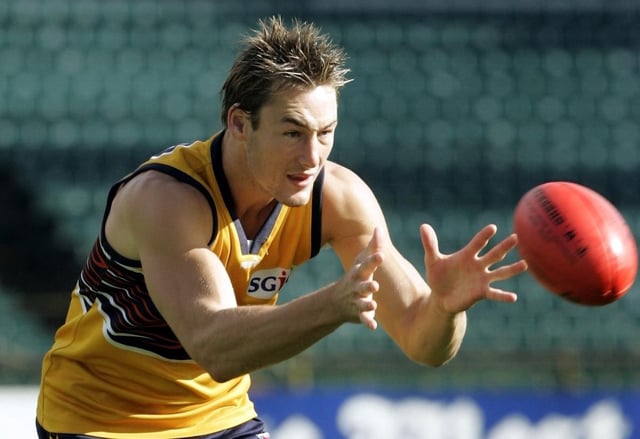Overview
- Pathologists at the Australian Sports Brain Bank reported stage II CTE lesions in Hunter’s brain with possible evidence of a cortical‑sparing high‑stage subtype.
- Hunter’s parents donated his brain for research after he died in February at age 43, following a career marked by numerous head knocks and concussions.
- The ASBB says CTE risk correlates more strongly with years spent in contact sport than with recorded concussion counts, noting CTE in over 40 of about 100 brains examined.
- Researchers say work to identify biomarkers could allow a living diagnosis in the next decade or two, though a cure remains distant.
- The AFL cites dozens of rule changes and a $25 million, 10‑year commitment to brain‑health research as it fights a concussion class action led by former Geelong player Max Rooke.


